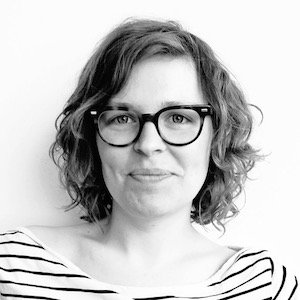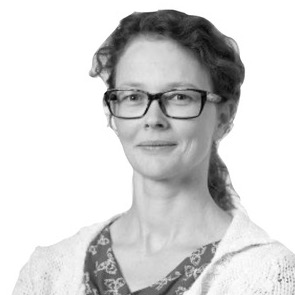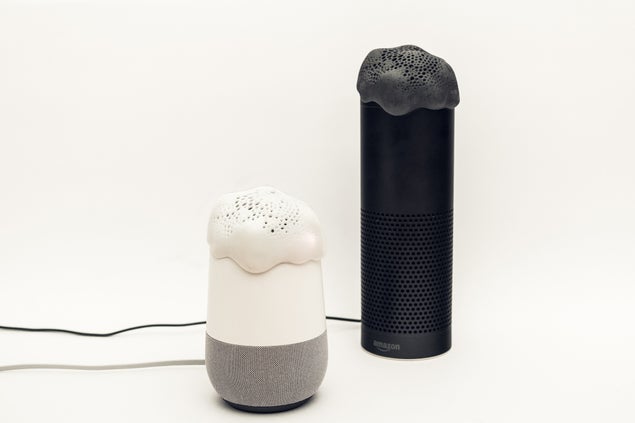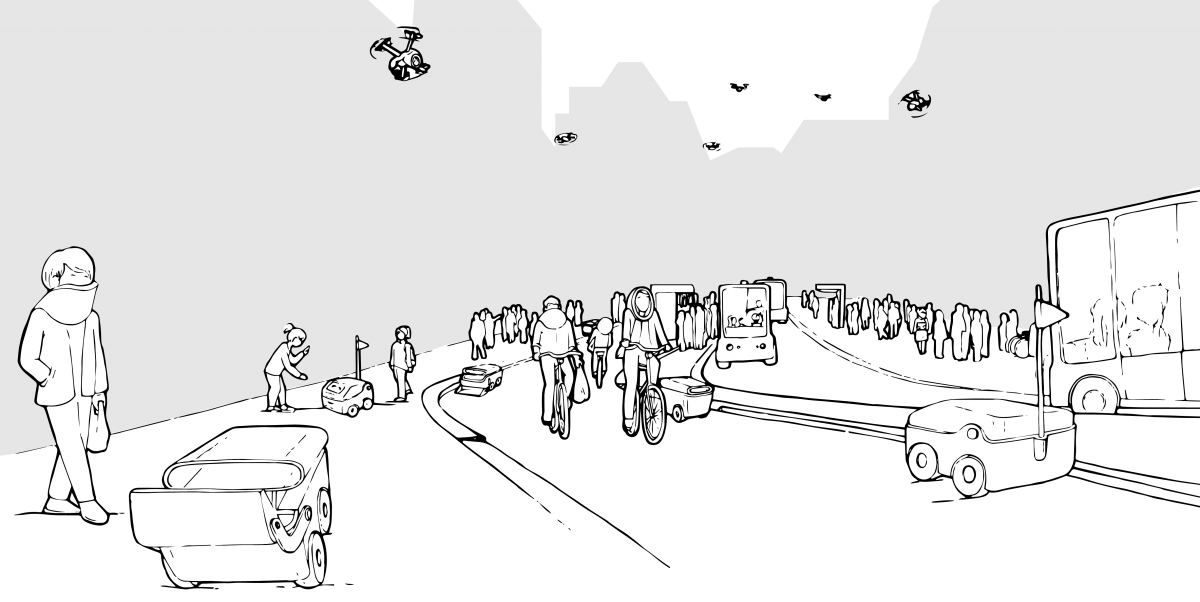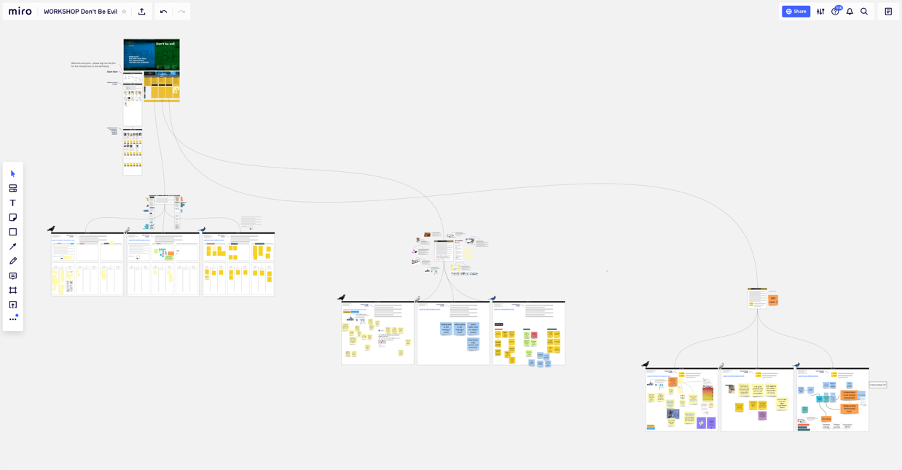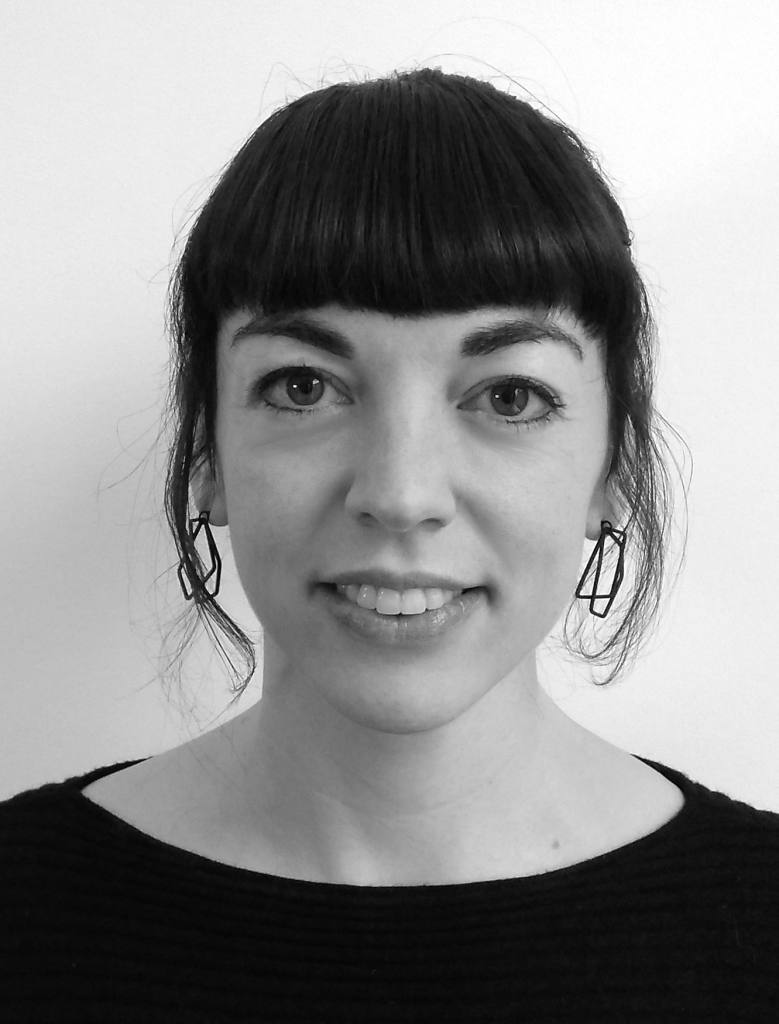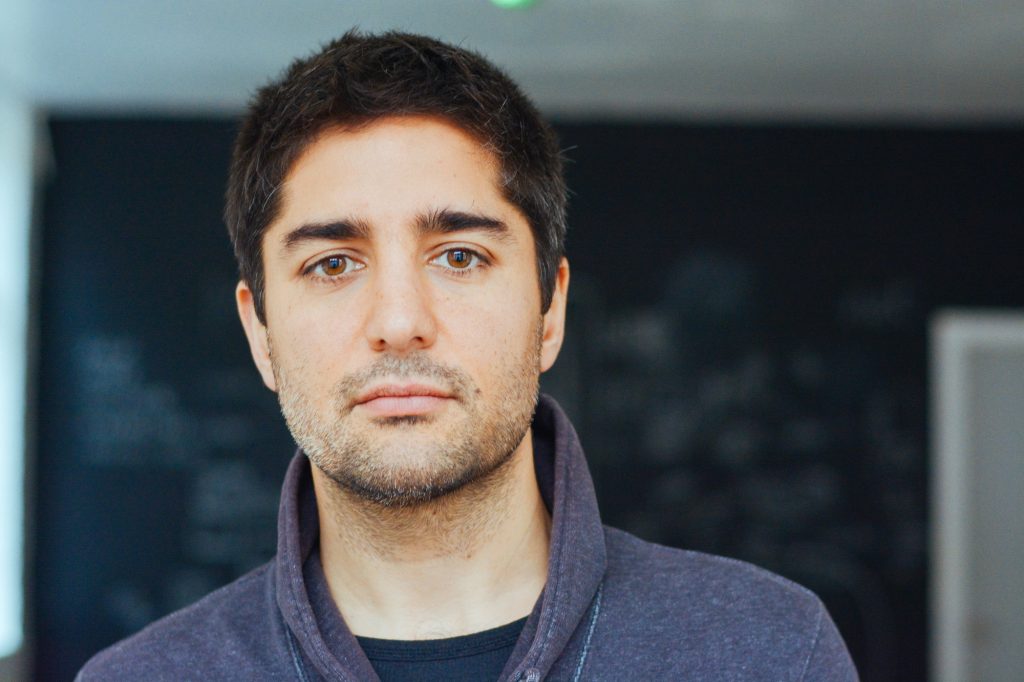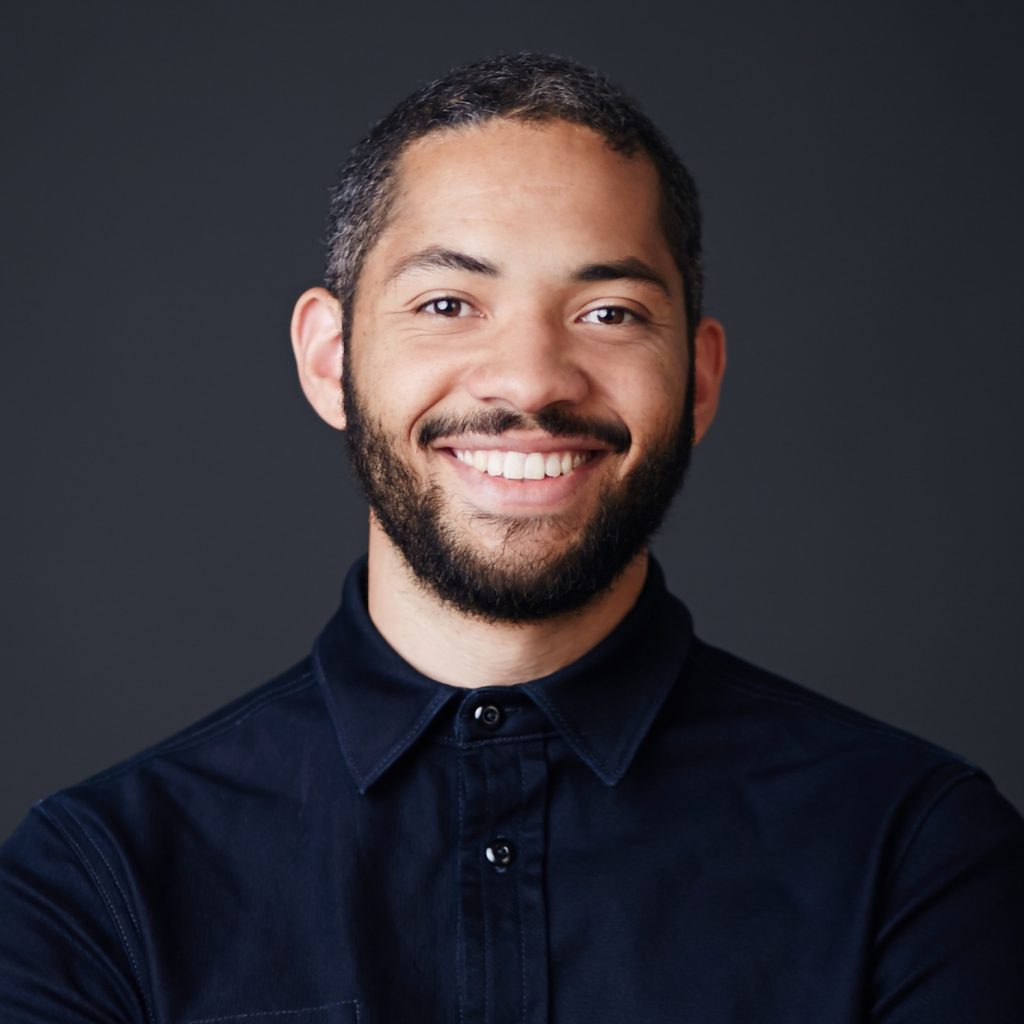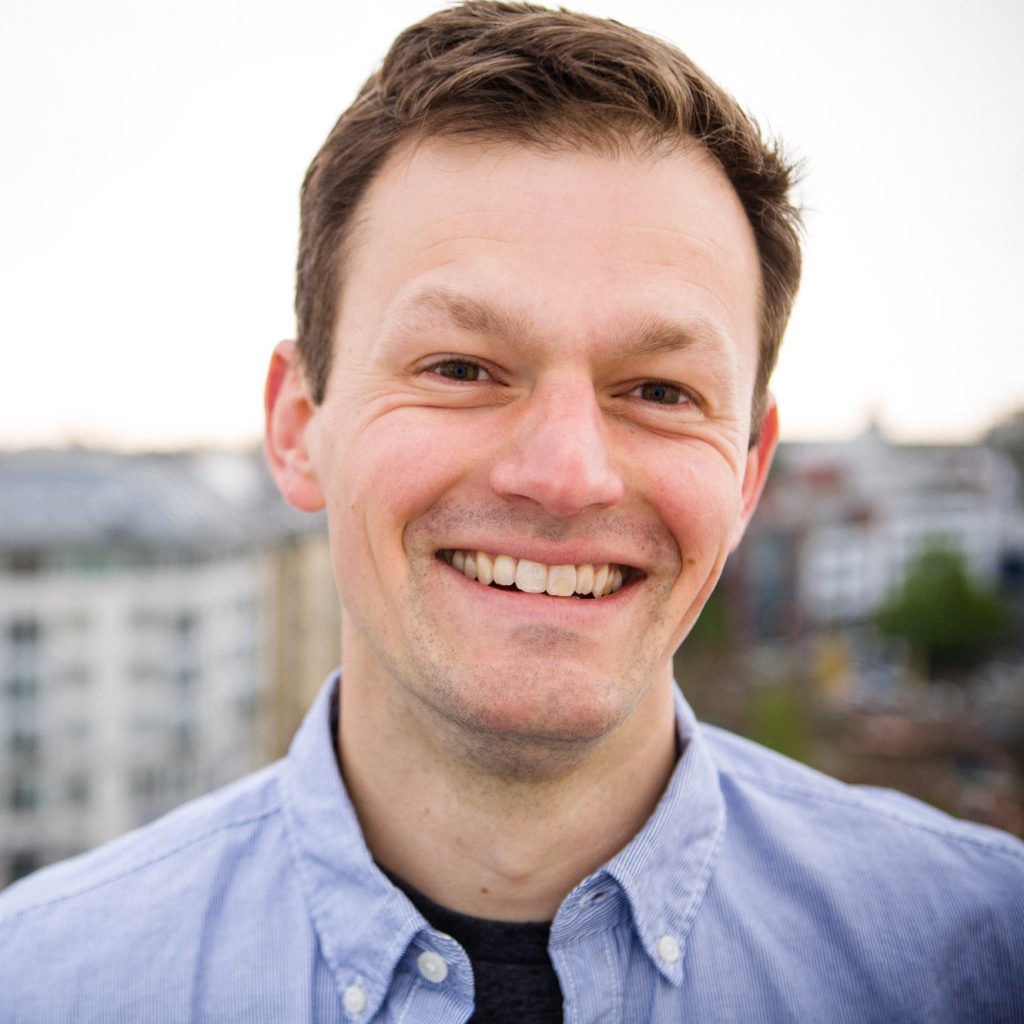Tuesday 8 December; 15:30-17:00 CET
Two years ago at ThingsCon we discussed in a panel the role of ethics in design education. This year we like to pick up that discussion by do a reflection on what has changed in the last years and where we are now. Next to that we like to relate this to the future developments of designing beyond Human Centred Design. What does that mean for the educational programs? And how does ethics play a role here?
We have three short presentations to kick-off the discussion. The session will be hosted by Andrea Krajewski & Iskander Smit
Heather Wiltse, Associate Professor at Umea Institute of Design will share experiences of the teaching program on Fluid Assemblages.
Heather is currently associate professor in design with a focus on the data-intensive society at Umeå Institute of Design, Umeå University (Sweden). Her interdisciplinary research centers around trying to understand and critique the role of (digital) things in experience and society in ways that can inform design, and it sits at the intersection of design studies, philosophy of technology, and critical technology studies. Heather have published and/or presented refereed work in philosophy of technology, science and technology studies, human-computer interaction (HCI), and design research.
Peter van Waart is a senior lecturer in the Communication and Multimedia Design (CMD) programme of Rotterdam University of Applied Sciences (RUAS). He works as a researcher at Creating010 in the field of Design in the 21st Century. Peter is the initiator of events aimed at connecting people from education, research and practice, such as the Global Service Jam Rotterdam, the Rotterdam GovJam and the International Internet of Things Day Rotterdam. His research and teaching at RUAS and his PhD research at TU Delft focus on how citizens can be involved in designing meaningful interactive technology in the public domain, such as in the Participatory City Making project.
Michel Witter will share how design for the Void became a theme in the educational program at AVANS.
Michel Witter is senior lecturer at AVANS with a demonstrated history of working in the higher education industry and multimedia development companies. Skilled in interaction design, user experience, user interface design, design thinking, and computing technology. Strong education professional with a Master of Arts (MA) focussend in Media Innovation from NHTV university of applied sciences Breda. Currently investigating design guidelines for sense-augmenting wearable technology from a perspective of pure experience.


